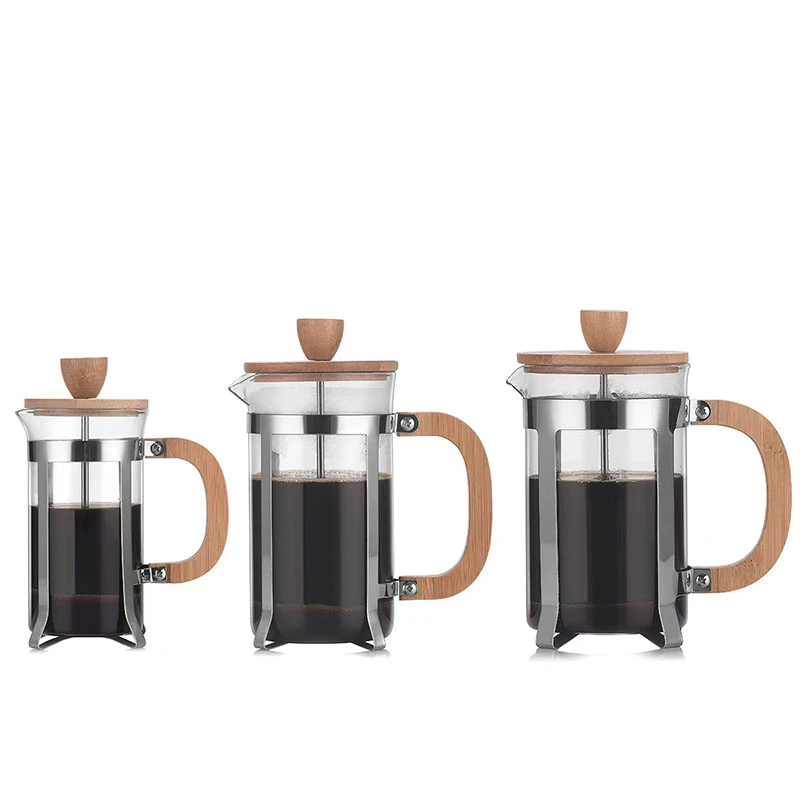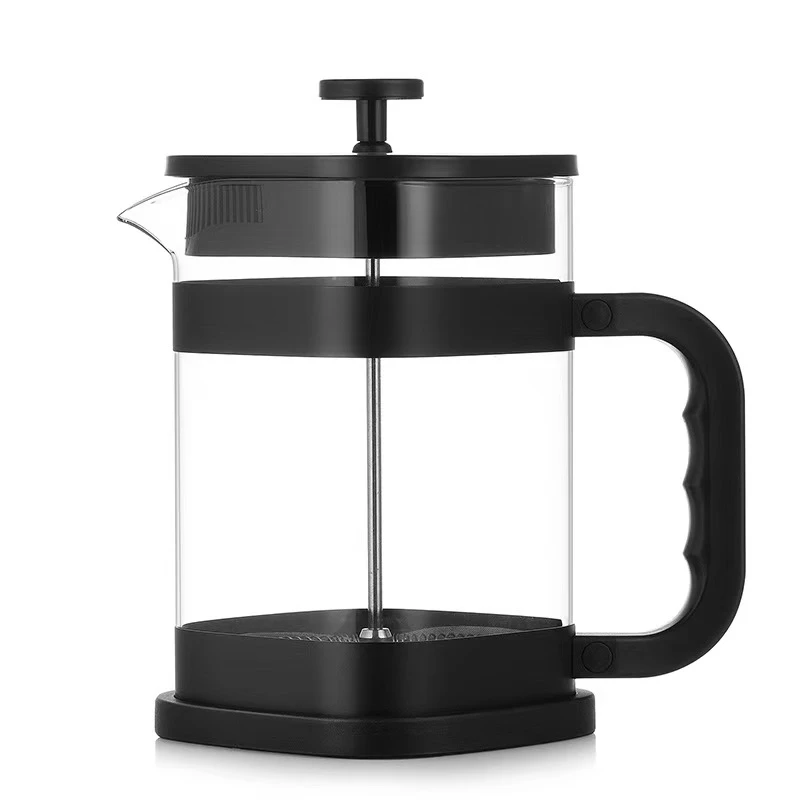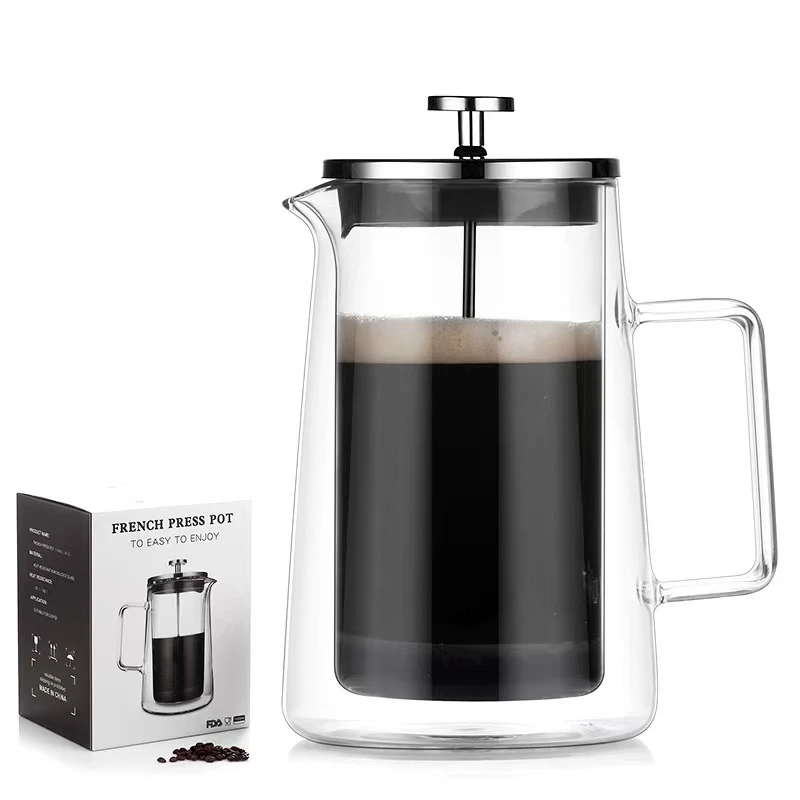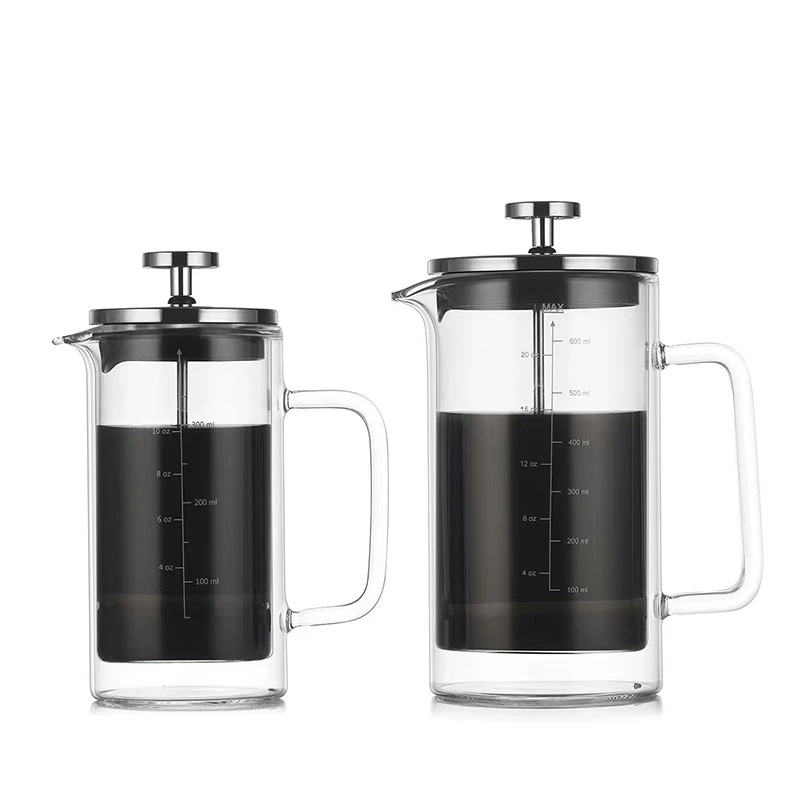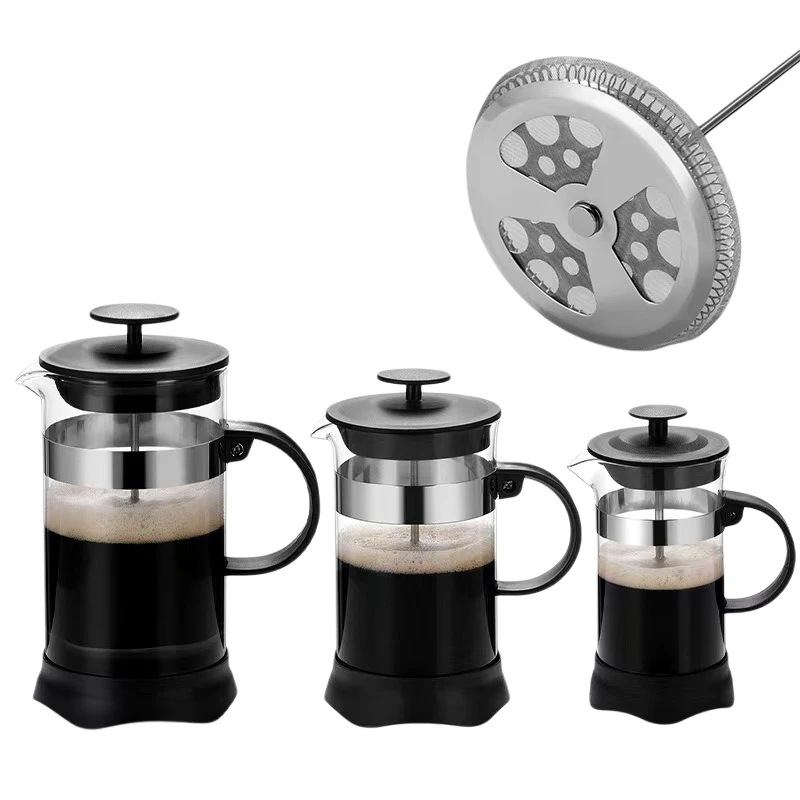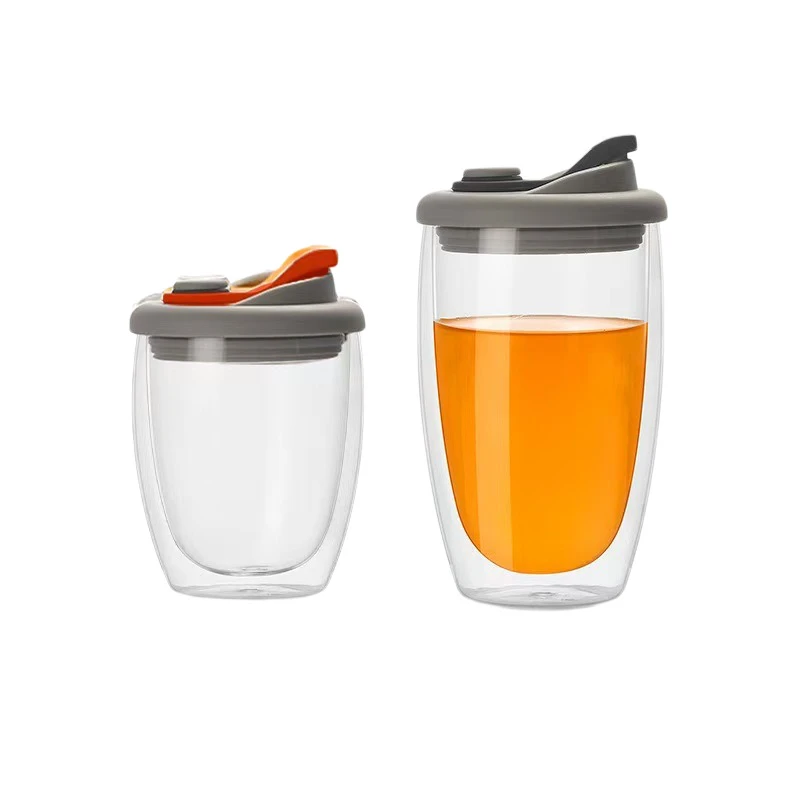 TEL: +86 311 67799298
TEL: +86 311 67799298 Email: tina@yintoglassware.com
Email: tina@yintoglassware.com
are glass food containers better than plastic
Are Glass Food Containers Better than Plastic?
In recent years, the debate surrounding food storage has intensified, particularly when comparing glass and plastic containers. As awareness about environmental issues and health risks increases, many people are reassessing their kitchen choices. This article dives into the benefits of glass food containers compared to their plastic counterparts to help you make an informed decision.
One of the primary advantages of glass containers is their safety for food storage. Glass is non-reactive and does not leach harmful chemicals into food, which is a significant concern with plastic. Many plastic containers, especially when heated, can release substances like BPA (Bisphenol A) and phthalates, both of which have been connected to various health problems. In contrast, glass is inert, meaning it won’t alter the taste or quality of the food, ensuring a safer dining experience.
Durability is another factor where glass containers excel. Glass is typically more resilient to temperature changes and can withstand both freezing and microwaving better than plastic. While many plastic containers warp or become brittle over time, glass containers can last for years without losing their structural integrity. This longevity not only reduces waste, benefiting the environment, but also can lead to cost savings in the long run.
From an environmental perspective, glass is arguably a better choice than plastic. Glass is 100% recyclable and can be recycled endlessly without any loss in quality. In contrast, plastic recycling is often limited, and not all plastics are recyclable. This contributes to the growing issue of plastic pollution, with millions of tons ending up in landfills and oceans each year. By choosing glass containers, you are making a more sustainable choice and reducing your carbon footprint.
are glass food containers better than plastic
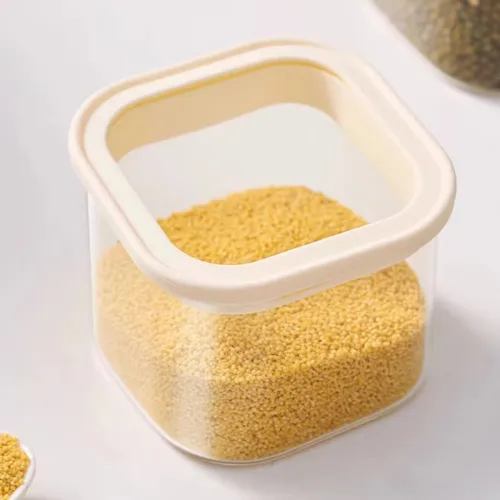
In terms of aesthetic appeal, glass containers also have the upper hand. Their transparent nature allows for easy visibility of contents, making it simpler to identify stored food. Additionally, glass containers often come with elegant designs that can enhance the presentation of meals, whether you are storing leftovers or bringing food to a potluck. They are also more versatile for serving, as they can transition seamlessly from the oven or microwave to the dining table.
Nevertheless, glass containers do have some disadvantages. They are heavier than plastic, making them less convenient for on-the-go meals or travel. Moreover, glass can break easily if dropped, posing a safety risk. For these reasons, some people may prefer plastic for certain situations, such as outdoor activities or packing lunches for children.
Ultimately, the choice between glass and plastic food containers comes down to individual needs and preferences. If health, safety, durability, and environmental responsibility are your primary concerns, glass containers are undoubtedly the better option. However, if convenience and weight are more critical for your lifestyle, plastic may still have its place in your kitchen.
In conclusion, while both glass and plastic containers have their uses, glass emerges as the more advantageous choice for food storage. Its safety, durability, and eco-friendliness make it a superior option in today's health-conscious and environmentally aware society. Investing in quality glass containers can lead to a safer and more sustainable kitchen experience, so consider making the switch today.
-
Unparalleled Convenience by High Borosilicate Glass Bottle with a Cork LidNewsJul.17,2025
-
The Versatility and Convenience of Glass Salad Bowl SetsNewsJul.17,2025
-
The Practical Wide Application of High Borosilicate Glass Food Storage ContainerNewsJul.17,2025
-
High Borosilicate Colored Glass Bowl VS Soda-Lime Glass and Tempered GlassNewsJul.17,2025
-
Creativity with Customized Colored Glass Dinnerware Sets for SaleNewsJul.17,2025
-
Advantages Analysis of Double Wall French PressNewsJul.17,2025



